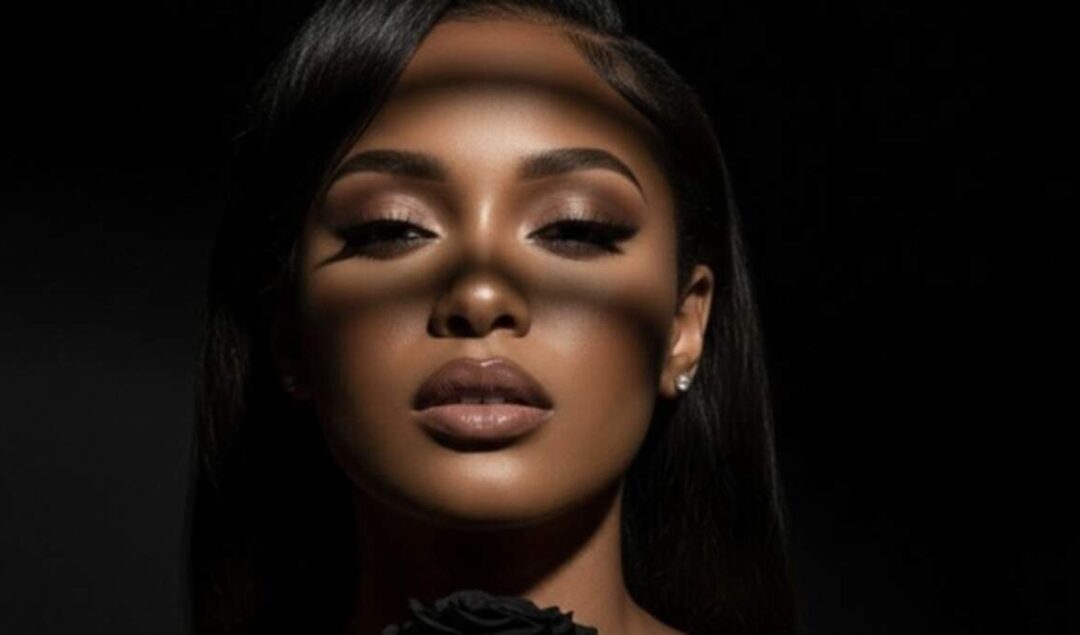This New R&B Star Just Inked A $3M Deal – And She Was Created By A Black Woman Using AI

R&B artist named Xania Monet has just inked a $3 million deal with Hallwood Media, the company led by former Interscope executive Neil Jacobson, Billboard reports. But Xania isn’t human. She’s the AI-powered creation of Telisha “Nikki” Jones, a 31-year-old poet and design studio owner from Olive Branch, Mississippi.
Jones, who grew up singing in church, writes all her own lyrics and uses the AI music-generation platform Suno to bring Monet’s music to life. Her tracks have been gaining momentum fast. On September 20, Xania debuted at No. 25 on Billboard’s Emerging Artists chart and hit No. 1 on R&B Digital Song Sales with “How Was I Supposed to Know.” Her catalog has earned nearly 10 million US streams, more than half of those in a single week.
The $3 million deal came after a Zoom pitch with several label executives. According to Billboard, one major label even made an offer despite Suno’s ongoing legal battle with the music industry.
Copyright Questions And Mixed Reactions
Suno is currently facing a lawsuit from major record labels, who claim the company scraped copyrighted music on an “unimaginable scale.” Suno says its technology is built on public data and protected by fair use. The US Copyright Office has stated that AI-assisted works may be eligible for copyright if humans control the expressive elements, but that it will assess each case individually.
Despite the controversy, Jones claims full ownership of all songwriting and production credits and plans to collaborate with human producers on her next project. Her manager, Romel Murphy, told Billboard that publishing deals are in the works and that they’re preparing Xania’s first live performance.
Still, not everyone is on board. Artist Kehlani criticized the move in a now-deleted TikTok video, saying, “This is so beyond out of our control… Art is not a money grab.” Producer Timbaland, however, voiced support, posting, “You better check out Xania Monet who’s killing it. Good music.” He, too, has signed an AI artist under his company, Stage Zero, and recently joined Suno as a strategic advisor.
The Bigger Picture: AI’s Impact on Music
The rise of AI artists like Xania Monet is raising bigger questions about the future of creativity and ownership. A global study recently warned that musicians could lose up to a quarter of their income to AI by 2028. By then, generative AI music is projected to make up 20% of revenues on traditional streaming platforms and nearly 60% of revenue for music libraries.
These shifts come amid growing concerns over the use and misuse of AI tools. Last year, major labels including Universal Music Group, Sony Music Entertainment, and Warner Music Group joined thousands of creatives in demanding stronger protections against the unauthorized use of copyrighted content by AI developers.
At the same time, platforms are already seeing a surge in AI content. Deezer reports that nearly one-third of its music uploads are fully AI-generated, while 404 Media found that AI-generated songs have been uploaded to the profiles of deceased artists on Spotify without consent.
With legal battles still unresolved and opinions sharply divided, Xania Monet’s success highlights both the possibilities and the tensions at the center of music’s AI revolution.
Image credit: Telisha Jones



